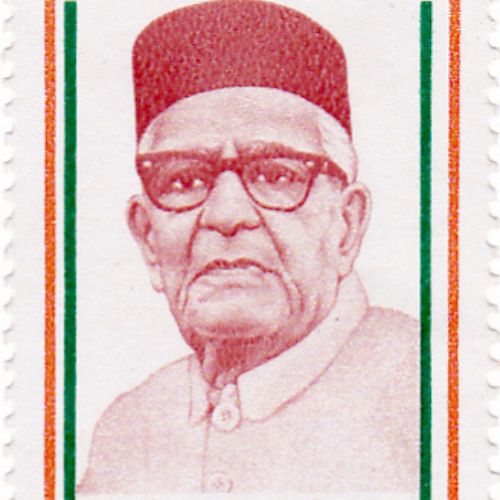Early Life
Pandit Hriday Nath Kunzru was born to a Kashmiri family in Agra on 1st October 1887. He received a B.A. from Allahabad University in 1907, followed by a B.Sc in Political Science from the London School of Economics in 1910.
Kunzru was initially a member of the Congress party. Later, he joined the National Liberation Federation, a liberal political party, when it was founded in 1918. He eventually became its President in 1934.
Kunzru was active in politics, and was elected thrice to various legislatures prior to independence: the Legislative Council of the United Provinces, the Central Legislative Assembly, and the Council of States. In 1943, he established the Indian Council for World Affairs along with Tej Bahadur Sapru.
Role in India’s Independence Movement
Kunzru was a moderate who fought for self-governance, or dominion status. He was not in favour of the Satyagraha or Non-Cooperation Movements.
Contribution to Constitution Making
Kunzru was elected to the Constituent Assembly India on a Congress Party ticket from United Provinces. In the Assembly, he intervened in debates relating to the provincial government, federalism, and ordinances.
Later Contributions
After independence, Kunzru was elected to the first Rajya Sabha in 1952, where he served for two consecutive terms until 1962. During this time, he was a member of the States Reorganization Commission, which proposed the reorganization of states on linguistic lines. Kunzru also was a member of the University Grants Commission from December 1953-1966. He was made the President of the Board of Governors for the Indian School of International Studies in 1955.
He passed away on 3 April 1978.
Kunzru was honoured with a postage stamp from the Government of India in 1987.
- Kunzru defended the federal structure of the constitution, arguing in favour of the autonomy of the Provincial Governments in financial matters.
- He proposed that only certain Fundamental Rights be restricted during Emergencies rather than all rights, as proposed by Dr. B.R. Ambedkar.
- Additionally, he moved an amendment to reduce the lifespan of ordinances to two weeks from six weeks, to ensure that an ordinance was not in effect for a long period of time without legislative oversight.

